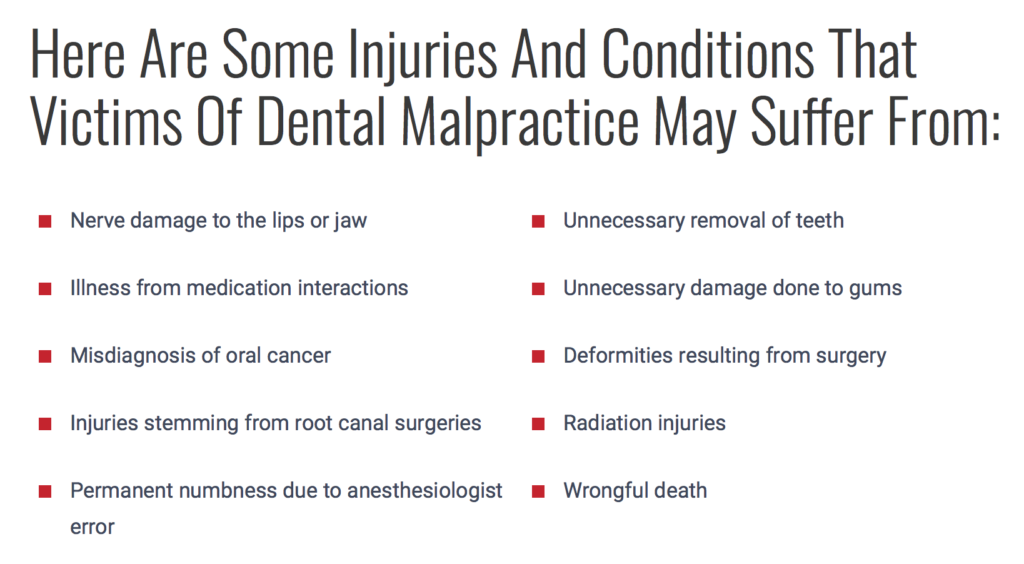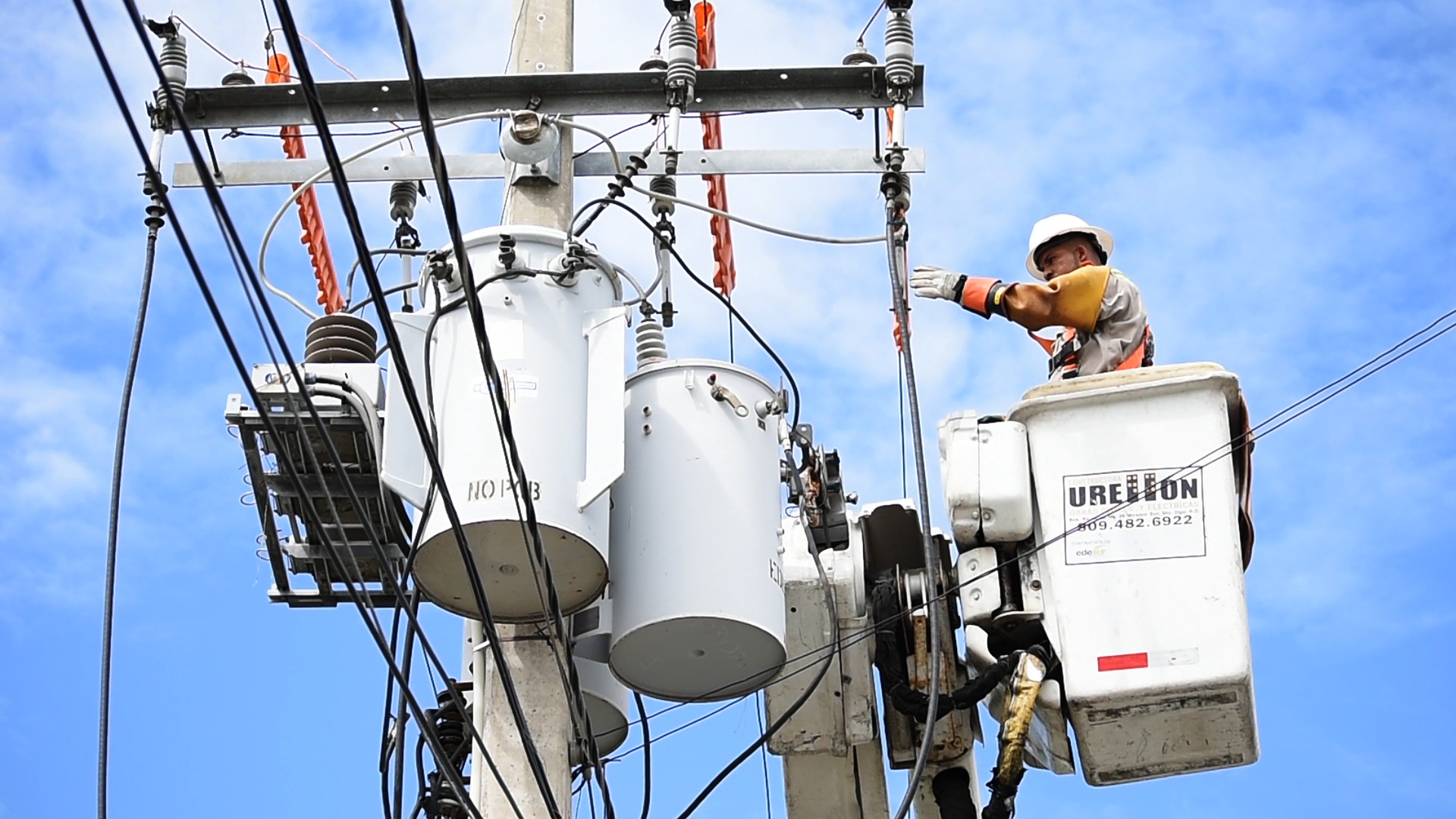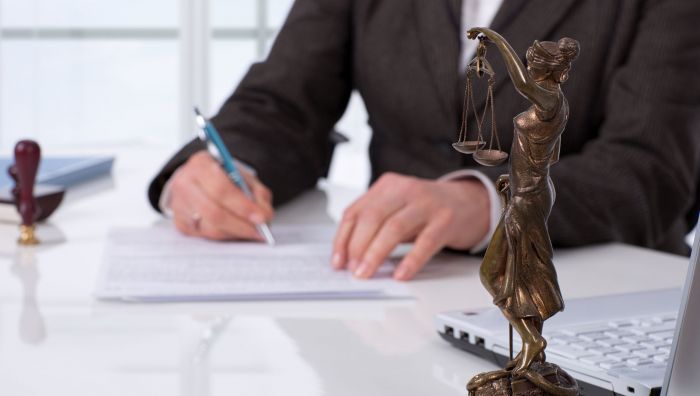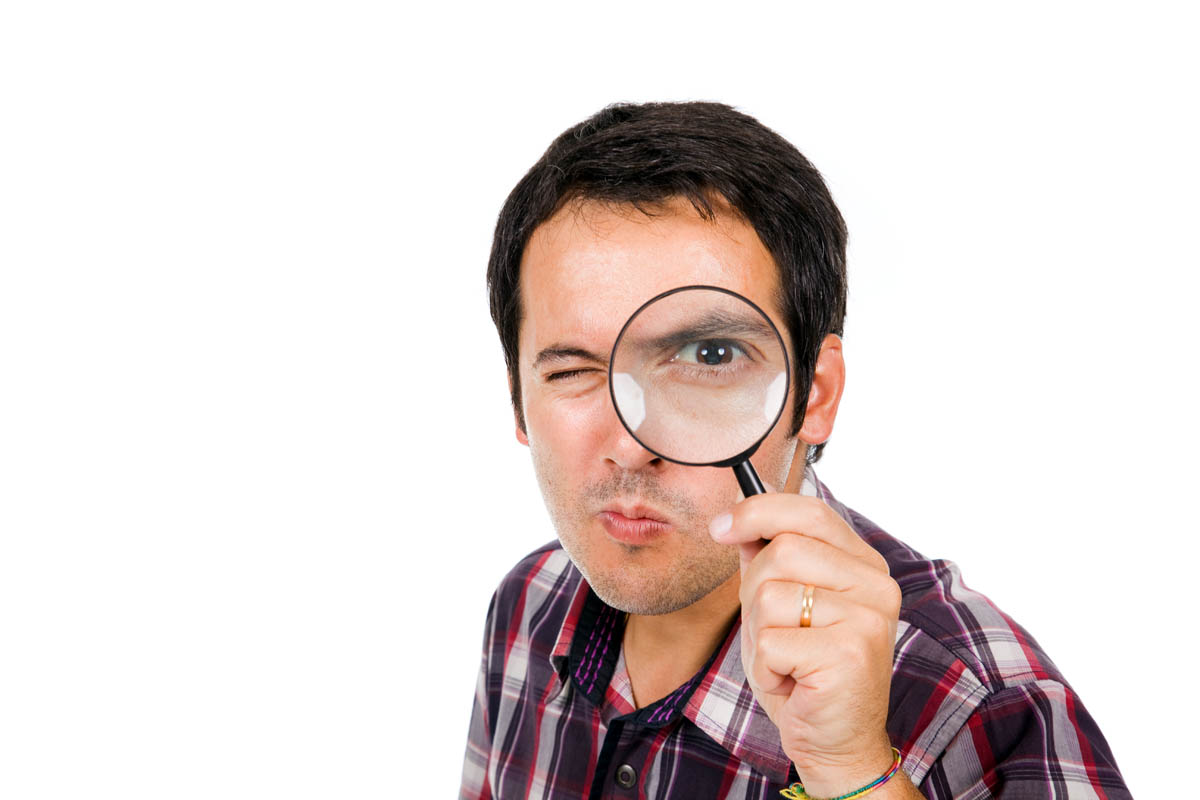Medical Negligence Compensation Lawyers 2023: Covid Vaccine Injuries Class Action
As the world rushes to vaccinate itself against COVID-19, it’s not surprising that some folks are left feeling uneasy. After all, vaccines can be risky business and in rare cases, they might even cause serious injuries or illnesses. That’s where medical negligence compensation lawyers come in, these legal experts specialise in helping people who’ve been harmed by vaccines get the compensation they deserve. And now, with reports of COVID vaccine-related injuries on the rise, many such lawyers are gearing up for a class action lawsuit, one that could help countless individuals seek justice and recover from their losses.
So if you’re concerned about vaccine safety or just want to learn more about your rights when it comes to medical negligence claims, read on!
So What does this Mean for the Public?
If a person in Australia believes they have been injured by a vaccine, including future COVID-19 vaccines, they will need to pursue compensation through the legal system. Under the latest agreement, it would appear the government, rather than the drug company, would pay that compensation, should the person win their case.
However this is not ideal. The person still has to engage with the legal system, which is both costly and complex, and there’s no guarantee of success. Compensation lawyers may not even be possible via their legal system. That’s because in most cases, it will be difficult to show in court a serious side-effect was due to a fault in the vaccine composition or negligence in the way it was administered.
So in Australia, people with a vaccine injury, either COVID-19 or other vaccine, will likely bear the costs of their injury by themselves, and seek treatment by publicly-funded or private health systems. The National Disability Insurance Scheme helps fund therapies for people with a permanent and significant disability but does not cover temporary vaccine-related injuries.
Participants in COVID-19 vaccine clinical trials can be compensated for temporary and permanent vaccine injuries.
What is Medical Negligence?
Medical negligence is defined as any action or omission by a health care provider that deviates from the accepted standard of care and causes harm to a patient. Vaccine injuries are a type of medical negligence that can occur when a health care provider administers a vaccine that is not approved for use in Australia, or when a health care provider fails to follow the proper protocol for administering a vaccine.
A successful medical negligence claim can help you to access the financial, care and support services that you and your family need to heal, and move forward with your life. If you decide to bring a claim for compensation, engaging a lawyer who possesses specialist expertise and experience in medical negligence is a critical step to ensuring you receive the best possible legal outcome.
If you have been failed by a healthcare professional or hospital, you may have grounds to bring a medical negligence claim for compensation.
What is a Covid Vaccine Injury?
A vaccine injury is a rare but serious adverse reaction to a vaccination. They can range from mild (such as a sore arm from the injection site) to life-threatening (such as anaphylactic shock).
The most common vaccines in use today are safe and effective, but no medical product is 100% perfect. The risks of getting a serious vaccine injury are very low, much lower than the risks posed by the diseases that vaccines prevent. However, because millions of people receive vaccinations each year, even a very low risk can result in a large number of injuries.
There are two main types of vaccine injuries: those that occur when the body has an allergic reaction to a vaccine component (known as an “adverse event”), and those that occur when the body mounts an immune response to the vaccine itself (known as “vaccine reactions”). Adverse events are usually mild and include such things as soreness at the injection site, fever, and rash. Vaccine reactions are more severe and can include fevers, joint pain, swelling and redness at the injection site, and even seizures or paralysis.
Both types of vaccine injuries are rare. The chances of having a serious adverse reaction to a vaccination are about one in a million. The chances of having a severe reaction to a vaccination are even lower, about one in four million for live viruses (such as MMR or chickenpox) and one in two million for inactivated viruses.
Which Conditions are Eligible?
If you had AstraZeneca Vaxzeria, the following clinical conditions are accepted under the claim for compensation scheme:
- Anaphylactic reaction
- Thrombosis with Thrombocytopenia Syndrome
- Capillary leak syndrome
- Demyelinating disorders including Guillain Barre Syndrome (GBS)
- Thrombocytopenia, including immune Thrombocytopenia.
If you’ve had Pfizer/Biontech Comirnaty or Moderna Spikevax, the following clinical conditions are accepted under the claim for compensation scheme:
- Anaphylactic reaction
- Myocarditis
- Pericarditis.
If you had Novavax Nuvaxovid, the clinical condition of anaphylactic reaction is accepted under the claim for compensation scheme.
Which Injuries are Eligible?
The following clinically diagnosed injuries are also accepted under the scheme, regardless of which TGA approved vaccine you’ve had:
- a shoulder injury you got when you received a COVID-19 vaccine
- other moderate to significant physical injuries that caused permanent impairment, or the need for an extended period of medical treatment.
In both cases, the injuries must have been sustained during the physical act of being given the vaccine.
Which Conditions and Injuries aren’t Eligible?
The following harm isn’t covered under the scheme:
- contracting COVID-19
- psychological and psychiatric conditions
- secondary injuries, like an injury suffered when fainting, or a haematoma where you were injected that becomes infected.
These other side effects aren’t accepted under the scheme:
- headache
- fatigue
- injection site reaction
- muscle or joint pain
- dizziness
- diarrhoea
- pain in extremity
- fever
- insomnia
- nausea or vomiting
- lethargy
- hyperhidrosis
- chills
- decreased appetite
- malaise
- lymphadenopathy
- somnolence
- abdominal pain
- puritus
- urticaria or rash
- influenza-like illness
- angioedema
- anxiety-related reactions.
Read more about the conditions and injuries accepted under the COVID-19 vaccine injuries claim for compensation scheme policy on the Department of Health and Aged Care website.
Who can File a Claim for Compensation?
Anyone who has suffered an injury as a result of receiving the Covid-19 vaccine can file a claim for compensation. This includes people who have experienced an allergic reaction, those who have developed certain side effects, and those who have been hospitalised as a result of the vaccine.
- In the case of a vaccine injury, the victim’s parent or legal guardian can file a claim for compensation.
- If the vaccine victim is an adult, he/she can file a claim for compensation.
- If the victim dies due to a vaccine-related injury, his/her spouse and/or children can file a claim.
You can find more information about the COVID-19 vaccine claim for compensation scheme and policy on the Department of Health and Aged Care website. The privacy and security of your personal information is important to us, and we protect it by law.
If you’re eligible, they’ll provide payment to compensate for the harm you suffered or if you are not sure whether you are eligible to file a claim, you can speak to one of experienced medical negligence lawyers.
How to File a Claim?
In order to file a claim, you must first consult with a medical negligence compensation lawyers. They will be able to assess your case and determine if you have a valid claim. If you do have a valid claim, they will then help you gather the necessary evidence and paperwork to file your claim.
Step 1 – Before you claim, make sure you also have all of the following ready:
- Proof you were admitted to hospital
- How you calculated the amount you’re claiming
- Proof to support the amount you’re claiming
You can also give a brief outline of what happened from your perspective to help assess your claim.
Step 2 – Get your COVID-19 vaccine claims scheme medical report
Your doctor needs to complete a COVID-19 vaccine claims scheme medical report so you can submit it with your claim.
Remember to take your documents when you see your doctor.
Step 3 – Submit your claim
You need to send them your forms and supporting documents by:
- Emailing COVID-19 vaccine claims scheme
- Mailing them to us using the details on the form.
Step 4 – Once they receive your claim and all supporting evidence, they’ll try and get back to you as soon as possible.
If you’re claiming more than $20,000, the claim may take longer to assess. This is because they need to consult with others.
They may consult with the following independent third parties:
- A medical expert
- A legal expert.
You don’t need to contact them during this time. They’ll contact you if need more information.
Step 5 – They let you know the outcome
If you approve your claim, they’ll send you a deed to accept. You’ll receive this as a letter in the mail. Once you accept, they can pay you the amount they’ve agreed on.
If your claim isn’t approved, they’ll write to you to let you know. You can ask them for a review of the decision. Your letter will explain how to do this.
If you need help, email COVID-19 vaccine claims scheme or call the Australian Immunisation Register.
The Process of Filing a Claim
The process of filing a claim for medical negligence compensation can be complex, and it is important to seek legal advice from a solicitor who specialises in this area of law.
There are a few key steps that need to be followed when making a claim for medical negligence compensation, which include:
1. Establishing that there was a breach of duty of care by the healthcare professional or facility. This can be done by obtaining expert opinion evidence from another healthcare professional.
2. Showing that the breach of duty of care caused you to suffer an injury or loss. Again, this will require expert opinion and evidence.
3. Calculating the amount of compensation you are entitled to, which takes into account both your financial losses and your pain and suffering.
4. Making the formal claim for compensation from the healthcare professional or facility responsible for the negligent act or omission. This will usually involve serving a writ on the defendant.
5. Negotiating a settlement with the healthcare professional or facility, or taking your case to trial if necessary.
What’s happening Overseas?
In the US, people with a rare but serious reaction to a COVID-19 vaccine will be able to access a special compensation scheme. This is designed to provide compensation for the use of COVID-19 pandemic medications and vaccines.
However, applicants only have one year from the date they had the vaccine or medicine to request benefits. The US already has a vaccine compensation scheme for vaccines other than COVID-19. This is an example of a no-fault compensation scheme. These compensate for specific vaccine reactions, without having to go to court to prove the vaccine manufacturer is liable.
Australia in contrast to 25 countries including the US, UK and New Zealand, does not have a no-fault vaccine compensation scheme, and does not have the equivalent of the US COVID-19 vaccine compensation scheme.
Conclusion
The expert medical negligence at Australian Compensation Lawyers have a track record of winning big against big corporations and governments. Medical negligence compensation lawyers are experienced in helping people who have been injured due to medical negligence.
Covid vaccine injuries can be serious and should not be taken lightly, which is why it is important to seek legal advice from experts if you believe you have a case for a class action lawsuit. Covid vaccine injuries compensation scheme to professionals guide you through the process and fight for your rights if necessary. They understand how difficult this situation can be, by providing your information about medical negligence cases related to Covid vaccines helped ease some of your stress, worries and concerns.
















